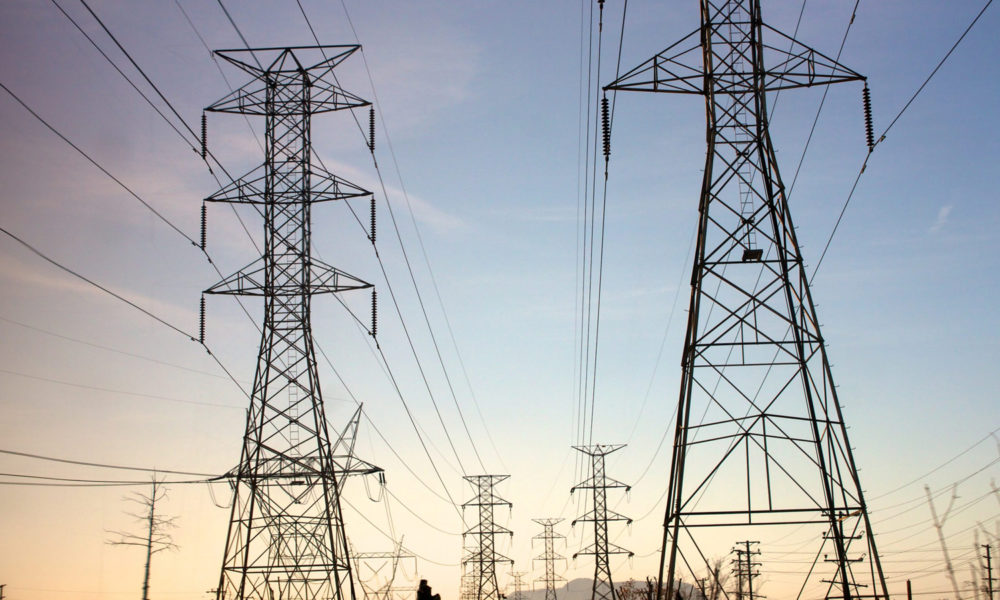By 2070, Ghana will require roughly $562 billion for the energy transformation necessary for sustainable growth.

By 2070, Ghana will require roughly $562 billion for the energy transformation necessary for sustainable growth.
Ghana would require around US$562 billion for its energy transition for sustainable development by 2070, according to Dr. Robert Sogbadji, Deputy Director, Power in Charge of Nuclear and Alternative Energy at the Ministry of Energy.
He claims that in order to meet its 2030 targets of having 99.8% of the world’s poor nations have universal access to electricity, Ghana will need an estimated US$562 billion in funding over the long run, from 2022 to 2070.
According to him, Ghana’s economic development will be supported by the creation of “new job opportunities to be created in an estimation of about 1,404,702 due to the introduction of new technologies such as CCUS, Nuclear, Hydrogen, EV charging stations,” as well as a just and equitable transition in terms of universal access to electricity and the exploitation of natural resources.
According to Dr. Robert Sogbadji, Ghana will be able to meet its future energy demand of around 380,000 GWh (83GW install capacity) as a result of the fuel switch.
At the 2024, 19th Biennial Workshop of the Ghana Science Association on the theme: Innovative, Affordable and Sustainable Energy Supply in Ghana for the 4th Industrial Revolution at Sunyani in the Bono Region, Dr Sogbadji presented a paper titled: Ghana’s Energy Transition Pathway for Sustainable Development. He argued that, once Ghana’s Energy Transition is finished, it will ensure the best fuel supply security due to a diversified fuel mix that includes nuclear and natural gas.
With 48,218 premature deaths prevented as a result of improved air quality and health and “30.05 million productive hours gained due to the upgraded adoption of clean cooking fuels,” the project’s completion will also contribute to reducing energy-related indoor air pollution and the illnesses it causes. With access to and commercialization of the green trade market (21GW of installed capacity), where lower long-term costs of electricity generation—below 4.5 cents/kWh—will be achieved, this would have a substantial impact on women and children, who are the primary firewood gatherers.

Robert Sogbadji Ghana will work with the Development Partners and ECOWAS to produce Green Hydrogen as clean fuel as part of the short- to medium-term plans and accomplishments under Ghana’s energy transition project. This will be supported by regulations on CNG road transport to start using CNG as a liquid fuel substitute in public transport.
He went on to discuss other intentional state policies, such as tax breaks for the importation of electric vehicles, the creation of a national policy for electric vehicles, and the state’s “aggressive increasing Renewable Energy Penetration through SREP and NET-METERING program.” Discussions with the NPA and its stakeholders have begun on the introduction of bioethanol as a fuel blend.
In order to assist industrialisation and establish Ghana as a major exporter of electricity in the West African Power Pool, nuclear energy is anticipated to become the new base-load energy source.








